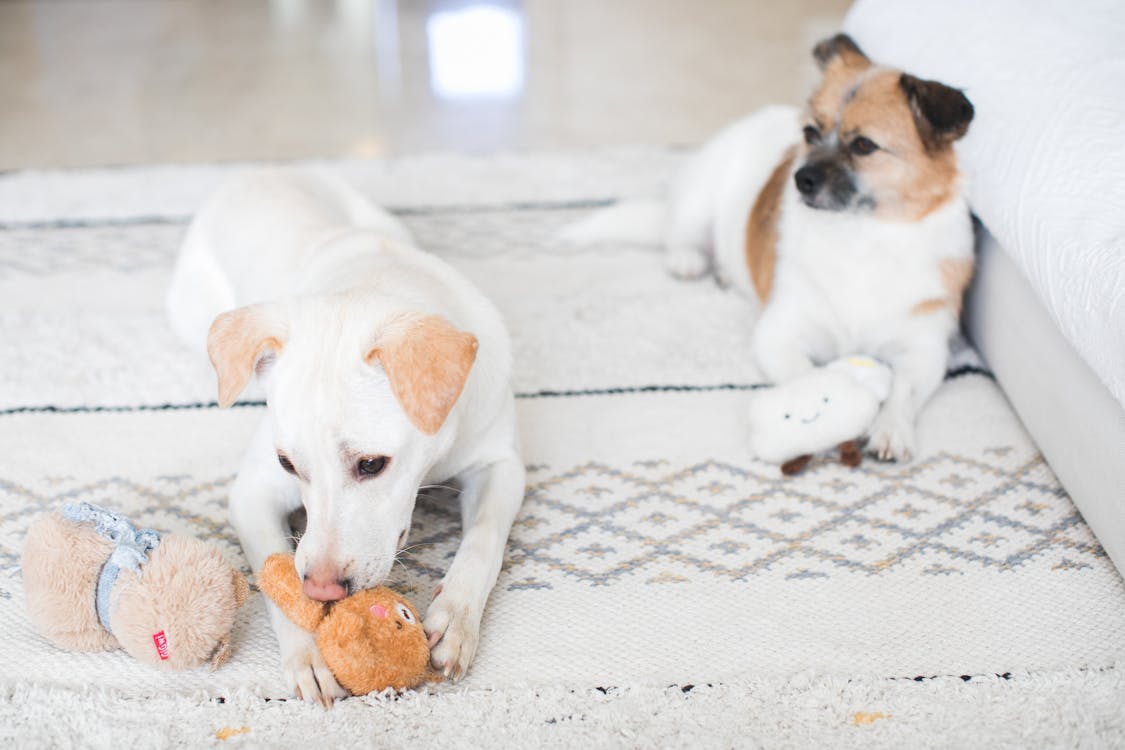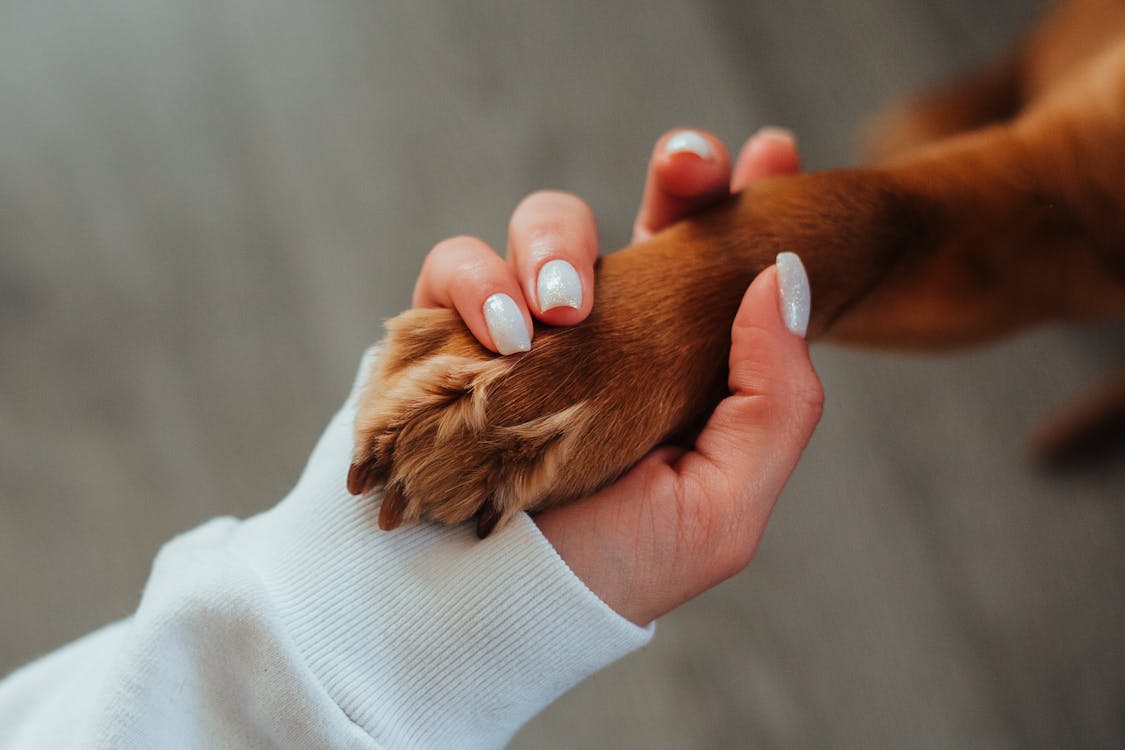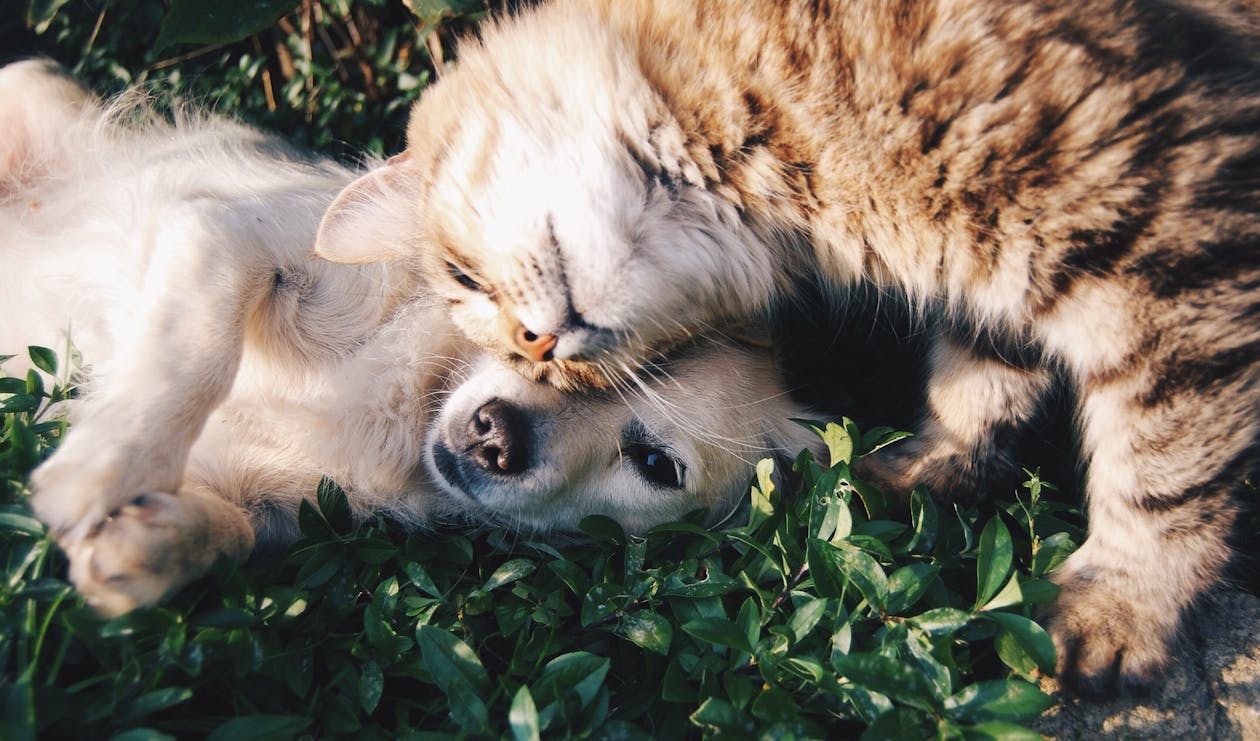
You’ve just bought a new home, and Fluffy and Fido are starting to worry about all the moving boxes going into the truck outside. Pets can easily become stressed during a move, which might cause them to lose their fur, become aggressive, or even run away.
Luckily, there are a few things that you can do to reduce your pet’s anxiety before, during, and after your move.
Plan Ahead and In Detail
Many people consider their pets as part of the family, so it’s only natural to be concerned for their comfort and safety during a move. Meticulous planning well in advance of moving day is the best way to ensure your pet is as comfortable as possible with moving to a new home.
First, Make a Checklist of Moving Tasks

We recommend making a checklist of things to do — call the vet, have your pet microchipped, research veterinarians, buy calming medicine, etc. If you’re planning to transport your pet in a crate or carrier, take time to introduce them to it, especially if your dog or cat hasn’t been on their page in a while. Put their food or a few treats in it in the weeks before the move; that way, they’ll be more accustomed to the space and will feel less stressed.
Next, Gather Up These Important Documents

Your new state, county, or community might have different rules for owning a pet, so research what records you need and what fees you must pay to register them. It might be best to put the following in one organized file just in case:
- Vaccination records and health certificate
- Rabies tags (if they’re not already on your pet’s collar)
- Emergency contact info for your current veterinarian
- Contact info for a recommended veterinarian
Keep Medication, Food, and Toys Handy

You won’t want to pack your pet’s medications, treats, toys, or food until moving day, so you may want to set aside a box just for your pet. Be sure to pack this box either in the car with you or within easy reach, just in case of an emergency.
Update Your Pet’s ID

Engrave a new ID tag with your new home address and phone number in case your pet gets lost. Hopefully, this will never happen, but it’s better to be safe than sorry. Make sure that your dog or cat is microchipped or at least is wearing a collar, especially in the weeks leading up to moving day.
Keep Them Comfy on Moving Day
In the chaos of loading boxes into the moving van, the last thing you want to happen is your beloved furry friend escaping. Keep your dog or cat in a separate room with their toys, food, and carrier until the time comes to load them into the car. Alternatively, you could let a friend or family member pet-sit until it’s time to go.
Book a Pet-Friendly Hotel in Advance

If you’re driving a long way or need to stay at a hotel overnight, reserve a pet-friendly hotel room well in advance so you’ll have one less thing to worry about on moving day.
Take Plenty of Stops on Long Car Rides

While on extended car trips, take frequent stops along the way to give your pet fresh water and food, let your pet go to the bathroom, and take your dog for a refreshing walk around the rest area.
Give Them Time to Adjust to New Surroundings

Pets can become agitated when exposed to new surroundings, so it’s important to keep their collars on and keep an eye on them for the first few days after moving. Surround them with their favorite toys and comfort items, like a blanket or pet bed from the old house, to give them a familiar scent to latch on to.
Be sure to stick to a routine, too! Take your dog on a walk at the same time and stick to your regular feeding schedule.
We’ll Help You Move Quickly and Easily
We hope these moving tips will come in handy as you’re moving with your pets! If you haven’t yet settled on the perfect home or are thinking of selling your current home, we can help you with all the details, not just the transaction.
Call us and we can talk about your plans.
